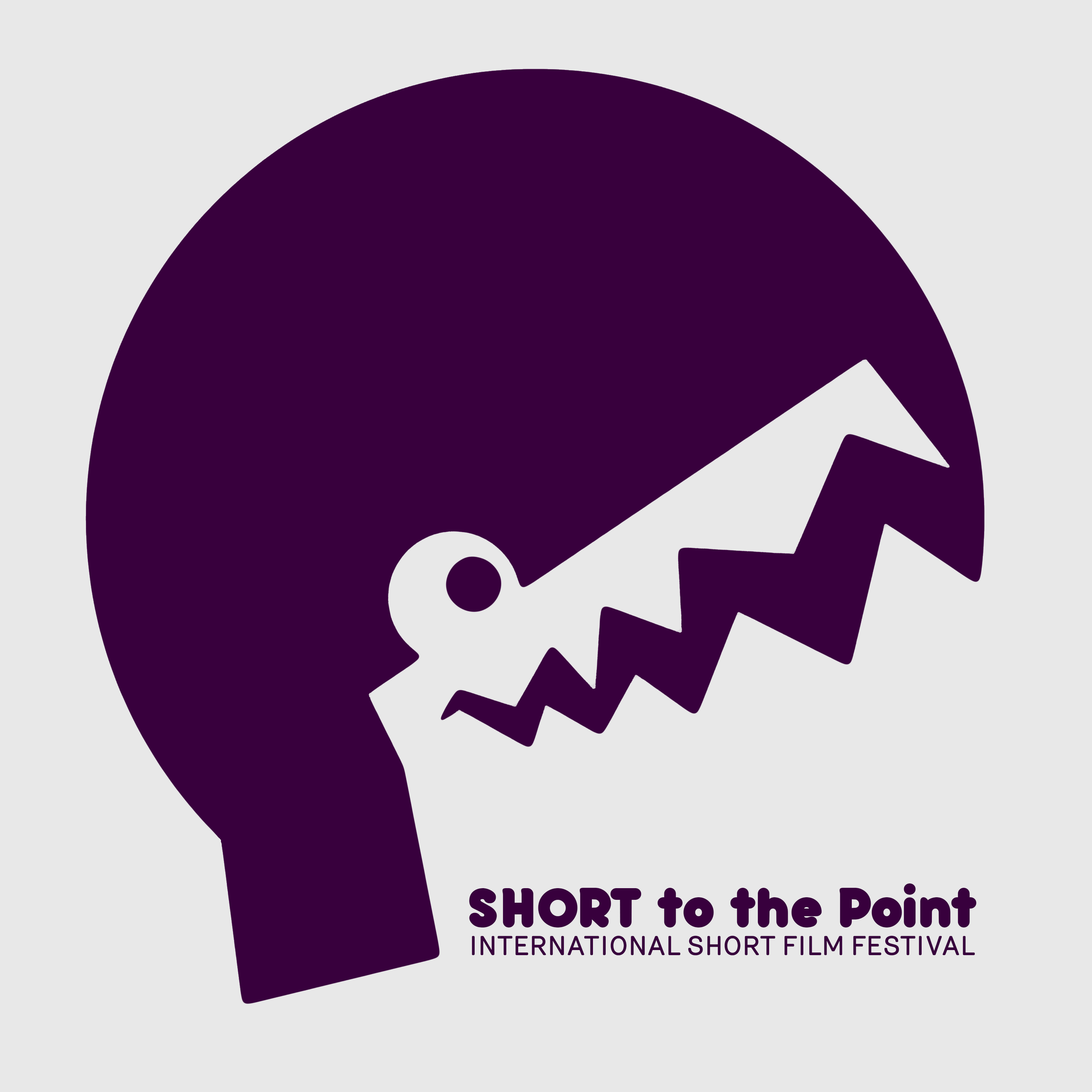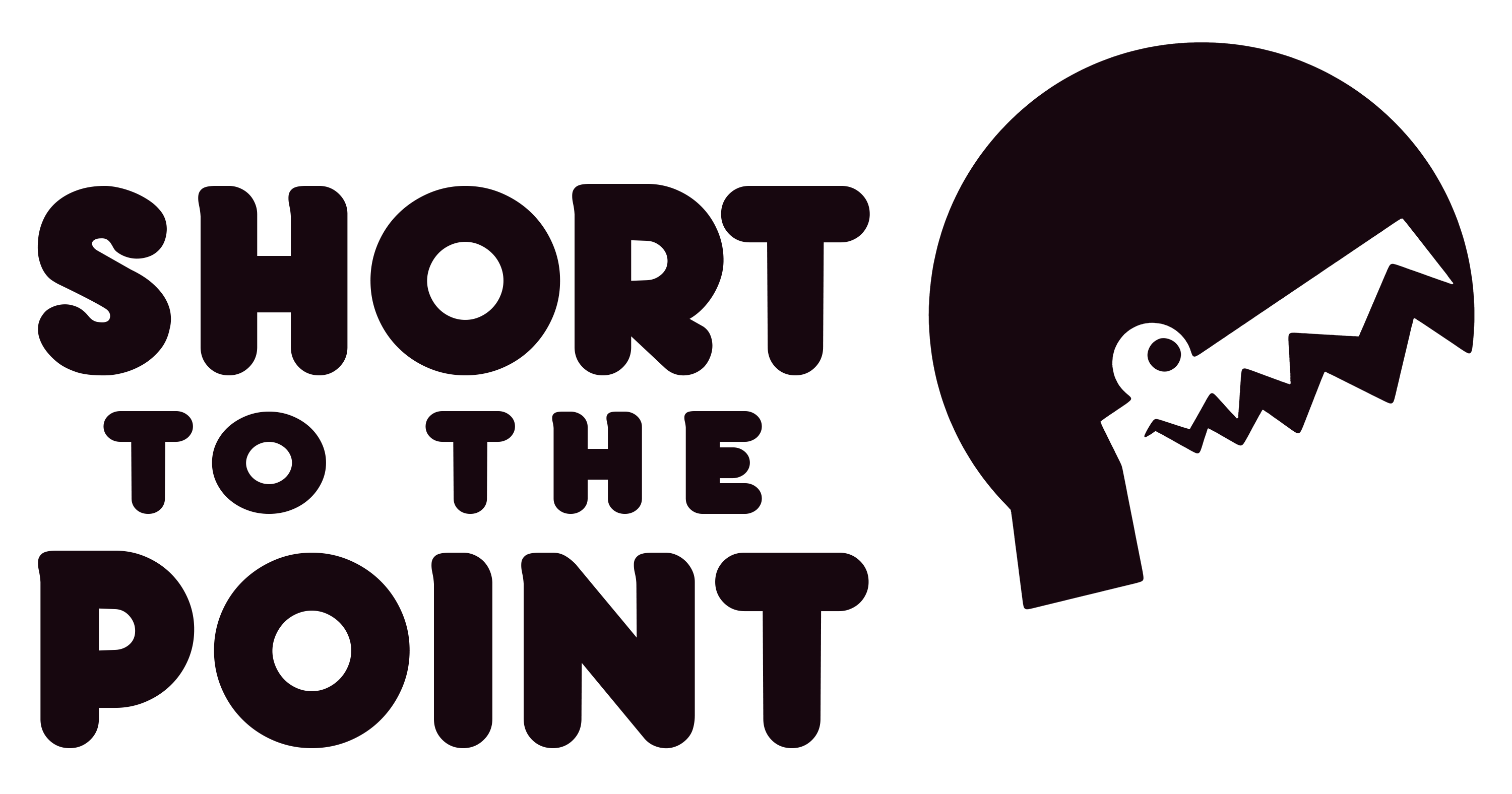- A producer is a leader or a boss?
A leader.
- What qualities or attributes do you look for in people you are looking to employ or work with?
Since I work primarily in CGI, I am always looking for other CG artists/ designers who can bring themselves to a design direction that I set forth. With that said, there are always processes that need a huge amount of technical skill and experience like character animation, asset texturing. Those are parts where I’m looking at purely the craft side of it and trusting others with very specific direction that helps me stay focused on the bigger picture.
- What do you look for in a script?
Although Moon Knight is a CGI trailer and not a feature length film, it is based on the comic book run by Jeff Lemire and Greg Smallwood. Considering that as a ‘script’, I’d say I’m always looking for opportunities in the story where a design-heavy approach can uncover layers that are not obvious from the script in a visually metaphoric manner.
- How do you select a director?
In the case of this concept trailer, I am the director. I decided to do it (and this was made much before MCU’s own series was released) because I grew up with comics and as a designer it was a worthwhile challenge to break any and all preconceived notions about this character to bring more value to the story.
- Would you recommend writers think like a producer when writing their script? Or, just write with reckless abandon and then worry about the cost, or whatever, after they’ve grabbed a producer’s attention.
I would translate this question into the CGI domain as to ‘Should you storyboard/pitch only what is possible?’. My answer to that is “No” – which gets tricky when it is your own personal project because you might have to kill what is precious in the edit. But at the same time, if you are working in CGI and do not think of it as a tool but as a medium, you will always find a visual ‘solve’ for communicating what needs to be said. That could be through leading the pace with edit and sound design. Seeing each model, animation and fx in context of the full edit will always reveal opportunities to communicate the impossible without taking a head-on technical route. Also, happy accidents are more than welcome in the precise nature of CG, which are only possible if you try to push the tech to achieve something unseen.
- How involved in the writing of a project do you get? Are you more involved in the initial development?
I cannot answer much to the first part but as far as initial development goes, that is where I thrive the most. My initial development on any project is design heavy which entails a lot of R & D through different CG techniques put together into mood edits to find the right novel-yet-grounded direction for the project.
- How much influence as a producer do you have with the choices made by the director and/or DP?
Yet again, since I have not worn those hats separately, can’t say much.
- What is the most important thing you have learned during your career?
Tough to pin point that in my young career, but I’d say the most important thing I have learned is to be curious and keep learning. Apply those learnings in contexts that are close to your roots and you will find authentic connections that are beautiful and unique.
- If you had an unlimited budget at your disposal, what would be your dream production project?
CGI is an art made possible through the wonders of science and can unlock worlds that are digital/ mathematical but yet rooted deeply in the laws of nature with how we understand them. It is a medium capable of more than pure entertainment. I would really enjoy if it could go the other way round and CGI art could enable newer perspectives for science. A dream project would be to experiment and develop cinematic experiences that unify beautiful science with honest art that nudge us into a zone of contemplation.
- What does the future of film look like?
The ‘rules‘ that we know of in filmmaking are mostly from times when people’s visual diets did not consist of social media or drone footages. What that means is – it is good to follow those ‘rules’ as guides but the future of film will have expanded vocabularies that mature from the different visual media that we are exposed to. It will be a condensed visual experience where the audience can personally explore the director’s point of view rather than getting a singular story.










